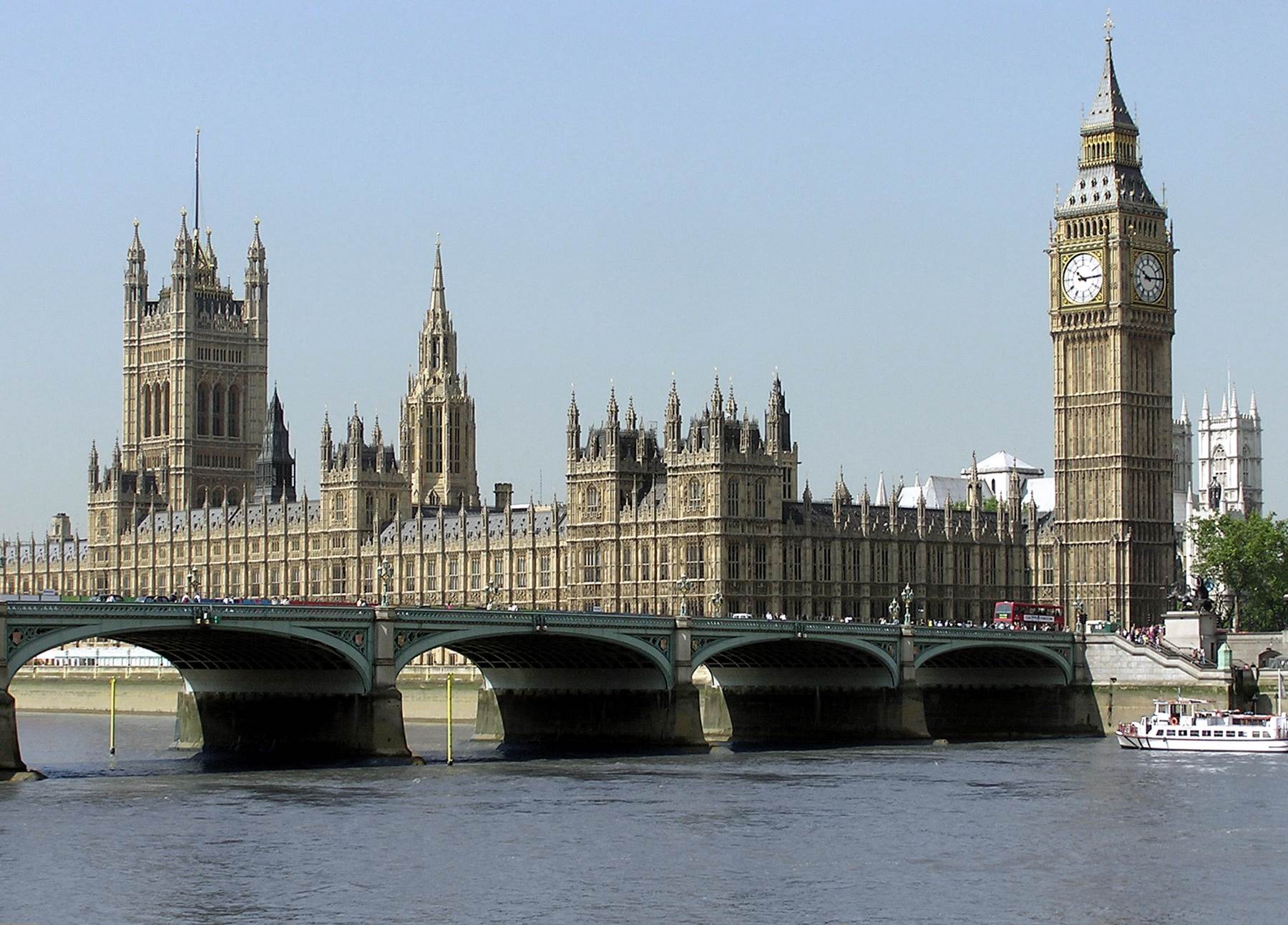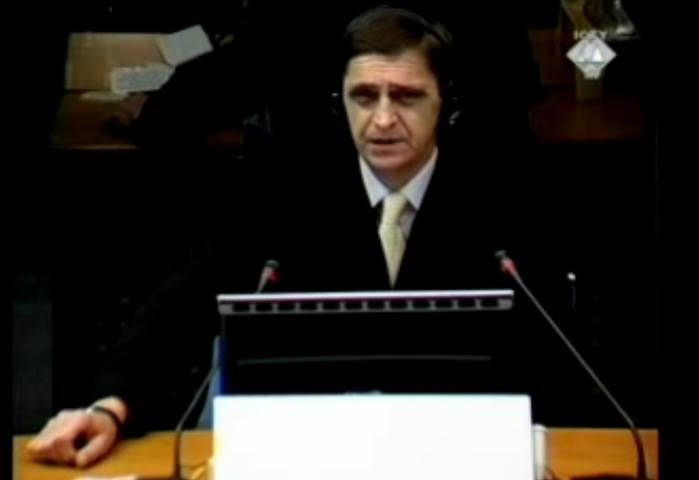This post is also available in: Bosnian
The International Criminal Tribunal for the Former Yugoslavia on Thursday found hardline Serbian nationalist party leader Vojislav Seselj not guilty on all nine counts in his indictment, clearing him of crimes against humanity, murder and persecution, torture and expulsion.
“The propaganda of nationalist ideologies is not criminal,” Judge Jean-Claude Antonetti said.
He said that the prosecution failed to show a concrete link between Seselj’s nationalist speeches and the crimes committed in Bosnia and Herzegovina, Croatia and Serbia.
The court acquitted Vojislav Seselj of crimes against humanity, saying there was “no crucial legal evidence” to convict him.
Antonetti said the prosecution failed to prove that there was a widespread and systematic attack on non-Serb civilians during the indictment period.
He said the trial chamber couldn’t dismiss the defendant’s argument that civilians fled combat zones to take refuge and that buses taking away Croats were doing it out of humanitarian motives, not forcibly removing them.
The court also cleared Seselj of murder, torture, plunder, wanton destruction and causing devastation in several places in Bosnia and Croatia, saying there was “insufficient evidence” to convict him.
It said his project to create a ‘Greater Serbia’ was a political plan, not a criminal one and that there were “reasonable grounds” to say that his deployment of paramilitary volunteers was to “protect civilians”.
“The chamber is not satisfied that the recruitment/deployment of volunteers implies that Vojislav Seselj knew of the crimes committed on the ground, nor instructed or ordered crimes,” the judge said.
Seselj, who denied the charges, told a press conference in Belgrade after the verdict that he had been vindicated by his acquittal.
“After so many cases against innocent Serbs, two honourable judges appeared who showed that honour and reputation are above the politics,” he said.
“However, with this acquittal, my stance towards the ICTY as an anti-Serb court hasn’t changed at all,” he added.
He insisted defiantly that the idea of a ‘Greater Serbia’ was “immortal”.
“I don’t feel guilty about anything that happened in the 1990s,” he said.
The Hague Tribunal prosecution has said it will review the wording of the verdict acquitting Seselj before deciding whether or not to launch an appeal.
“We fully understand that many victims and communities will be disappointed by the trial chamber’s judgment,” the prosecution said in a statement.
During the trial, the prosecution tried to prove that Seselj mobilised not only the armed wing of his Serbian Radical Party, but also other Serb forces, inciting them to persecute Croats and Bosniaks in an attempt to create a ‘Greater Serbia’.
It claimed that his ‘Seseljevci’ (‘Seselj’s Men’) paramilitary group, formed of Serb volunteers, forcibly displaced tens of thousands of non-Serbs and killed thousands.
His marathon trial saw a series of scandals and disruptions, with the Serbian Radical Party leader repeatedly mocking the UN court and refusing to return for the verdict on Thursday after being released for cancer treatment in 2014.
This was the first-ever verdict to be delivered by the Hague-based court without the accused present in the courtroom to hear it.
Seselj has remained in Belgrade since being granted temporary release from detention in The Hague in November 2014 after on humanitarian grounds to undergo cancer treatment.
Since his release, he has led nationalist protests and made a series of hardline statements that have angered war victims, and repeatedly refused to return for the judgment.
The court initially demanded his return, but then backtracked and said that it had accepted an argument from the Serbian government that it was not possible to interrupt his medical treatment or continue the treatment in The Hague.
Seselj voluntarily surrendered to the court in 2003, but his trial did not begin until 2007 after a series of delays and obstructions including a hunger strike.




